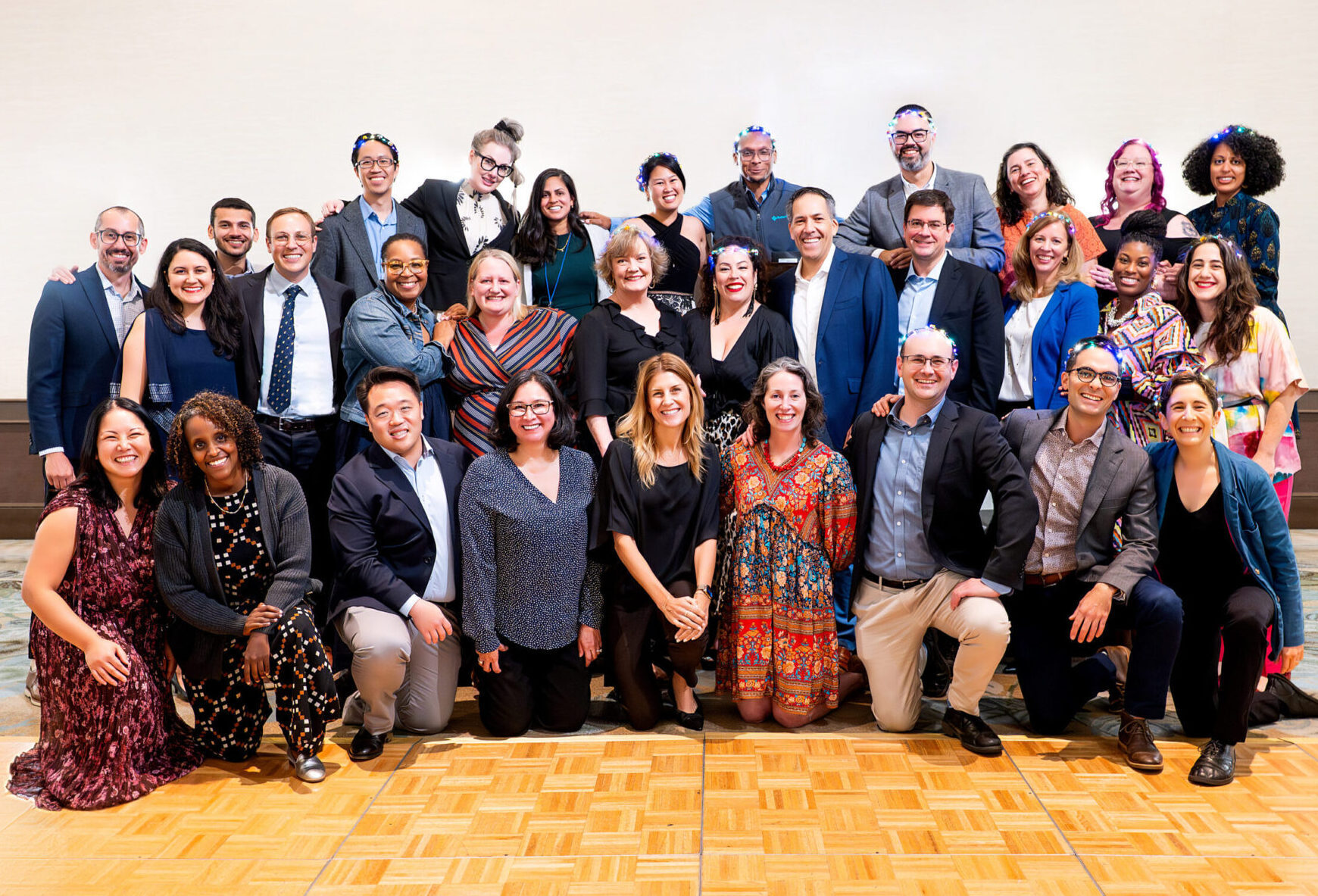Download

Community health workers and promotores (CHW/Ps) provide culturally congruent, person-centered services that bridge different health and social services systems and improve the health and well-being of the people they serve. CHW/Ps perform a variety of formal roles, from supporting care transitions and referrals, to encouraging and educating patients on how to take care of their own health. What makes this workforce uniquely effective is their ability to establish trusting relationships with the people they serve, grounded in shared life experience and community connections. By forging trusted relationships, CHW/Ps not only engage with members in health-related activities, but also help to change perceptions and encourage behaviors that contribute to better health outcomes.
In California, there are new opportunities for managed care plans (MCPs) to support the growth of this workforce so their members can benefit from CHW/P services. The California Advancing and Innovating Medi-Cal (CalAIM) (PDF) initiative creates new imperatives for MCPs to meet member needs by supporting nonclinical interventions to address health-related social needs and to reduce health inequities, including through partnerships with community-based organizations (CBOs) and providers. This Resource Center is designed to support MCPs and their partners, such as Federally Qualified Health Centers (FQHCs), CBOs, and other health and social service organizations, in effectively integrating CHW/Ps into programs that serve Medi-Cal members. It was developed through the California Health Care Foundation’s Community Health Workers & Promotores in the Future of Medi-Cal project. This project engaged stakeholders with a deep knowledge of the field to inform a series of resources that support the integration of CHW/Ps into programs for Medi-Cal members.
The Resource Center is organized by key topics, with each section containing tools and resources as well as case studies for supporting program design and implementation. This Resource Center is an abbreviated version of a companion downloadable Resource Guide (PDF).
Getting Started
Use the navigation on the left side of your screen to explore the different sections. Readers can also download portions of the full Resource Guide (PDF), including these:

Program Design Checklist (PDF) — This at-a-glance checklist outlines the steps involved in integrating CHW/Ps and can be used as a helpful planning tool. It includes links to the relevant Resource Guide sections for more information.

Glossary of Terms (PDF) — This glossary used in the Resource Center and companion guide can help organizations better understand the landscape of CHW/Ps.

Executive Summary (PDF) — This summary can help readers understand high-level takeaways to developing and refining CHW/P programs.

Model Contract Terms (PDF) — This list of potential contract terms was designed for MCPs to use with partners, such as community-based organizations, counties, and organizations that employ CHW/Ps.

CHW/Ps in CalAIM’s Enhanced Care Management and In Lieu of Services (PDF) — This resource was developed for MCPs completing the CalAIM Model of Care Template. It shows the potential role that CHW/Ps contracted via established local organizations can play in the Enhanced Care Management (ECM) Core Services and In Lieu of Services (ILOS).
Please scan the Program Design Checklist and Executive Summary for a broad content overview and use the easy navigation to view the sections most relevant to you. For comprehensive information and links to resources, download the in-depth Resource Guide (PDF).
Acknowledgements
Through the California Health Care Foundation’s Community Health Workers & Promotores in the Future of Medi-Cal project, a team led by In-Sight Associates worked with more than 30 stakeholder organizations and CHW/Ps interested in supporting the advancement of the CHW/P workforce to better serve Medi-Cal members. The team spent a year gathering best practices to help organizations hire, train, and engage CHW/Ps throughout local health care systems. These local and national subject matter experts (see Acknowledgements (PDF) in the Resource Guide), along with Health Management Associates and the Center for Health Care Strategies (CHCS) , informed the topics covered in this Resource Center and accompanying Resource Guide, contributed practical resources, and reviewed the compiled materials. In coordination with the stakeholder process, CHCS authored the Resource Center and Resource Guide through contributions by: Logan Kelly, MPH, senior program officer; Anna Benyo, MPP, senior program officer; Liz Buck, MPA, senior program officer, Kathy Moses, MPH, senior fellow; Audrey Nuamah, MPH, program officer, and Emma Opthof, MPH, communications officer.






